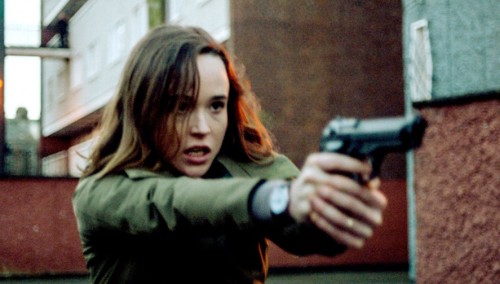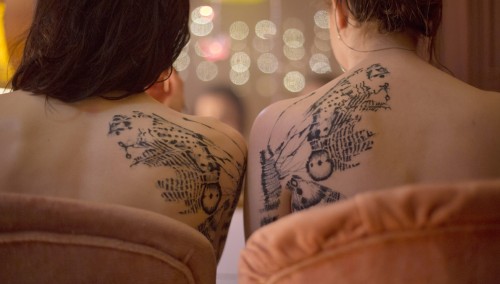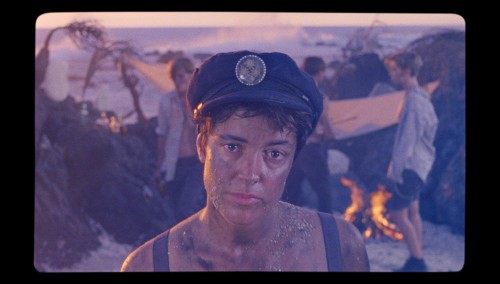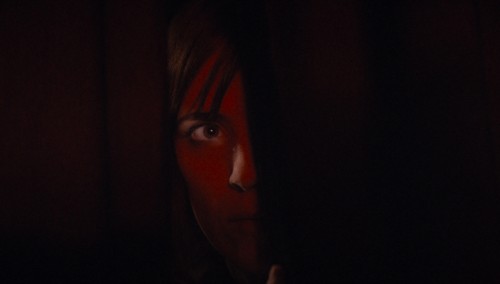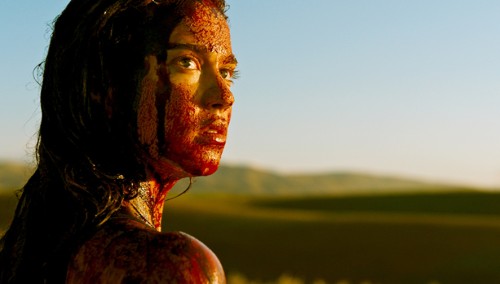Night Sight 2018
When cinema optimizes itself in all directions, supplying a well-intentioned average of good taste and morals without rage or courage, then it has come some way to becoming a beneficent benefactor for statisticians who keep tallies and award pluses and minuses. The fantastic film, often immoderate and offensive, is a nightmare for bureaucrats, who would rather plane off corners than sharpen them, because something might get caught. This year’s Night Sight is accordingly proud of allowing the (in the best sense) deviant and the painful to win out over the appealing, and to whisk the audience away into five more or less dangerous worlds of imagination.
Night Sight Opener The Cured develops a zeitgeisty political allegory, in which “cured” ex-zombies are degraded by the noninfected as subhuman beings without rights: an eerie update of the eternal horror film wisdom that the monster oftentimes is more human and the human is more monstrous than we want to believe.
Bertrand Mandico’s Les garçons sauvages opens straight away with another monstrosity: A teacher rehearsing Shakespeare with her adolescent pupils on the beach is attacked, overcome, raped by them. Banished to a tropical island, the boys become impotent, and the sentient plant world covers them with slime until their dicks fall off.
A radical drive-reversal inflames the protagonist in Coralie Fargeat’s Revenge: following abuse and final impalement by three aggressors, she cauterizes her gaping wounds in the shelter of a cave and sets out to penetrate and destroy the male bodies with all available weapons. The (presumed) hunters also become the hunted in Benjamin Barfoot’s jovial Double Date: Two men are looking for one thing and find the other in the shape of two sisters, who grab the MDMA-fueled guys metaphorically by the balls and entice them into a dark estate for an occult ritual, where bodily fluids copiously flow, but just not the ones anticipated.
The most radical blow against reason- controlled types this year probably comes from young Turkish director Can Evrenol: His feature film debut Baskin already drew police officers into a mythical landscape of hell, where a dwarf-like demon pulled their intestines out of their stomachs, very slowly of course. In Housewife the irrational invades, suitably turbulently, the secure life of a well-to-do couple who have locked up the childhood trauma they experienced deep inside their mental castle. After a cult guru surfs through their dreams, a miasma of unlived liberties and apocalyptic visions is discharged onto the screen, until the tentacles dance in the sky. Jaw dropped, you look up and know again why cinema has to remain dangerous, and why it may never be entirely conquered by the statisticians.
In 1757 the philosopher Edmund Burke wrote: “Whatever is fitted in any sort to excite the ideas of pain and danger, that is to say, whatever is in any sort terrible, or is conversant about terrible objects, or operates in a manner analogous to terror, is a source of the sublime; that is, it is productive of the strongest emotion which the mind is capable of feeling. I say the strongest emotion, because I am satisfied the ideas of pain are much more powerful than those which enter on the part of pleasure.”

